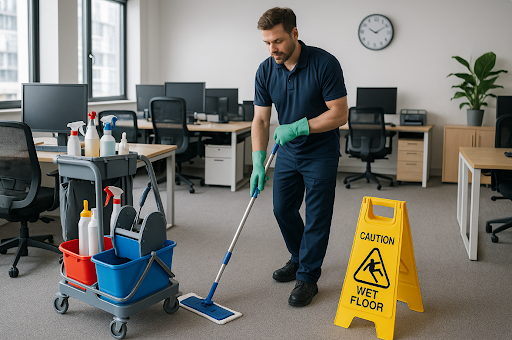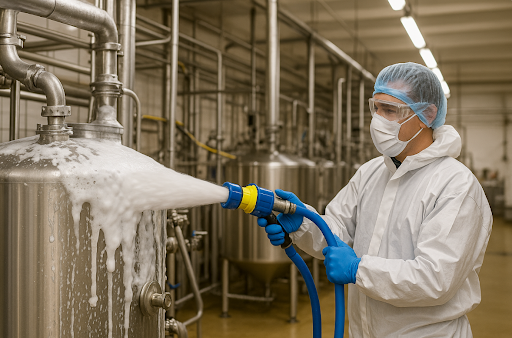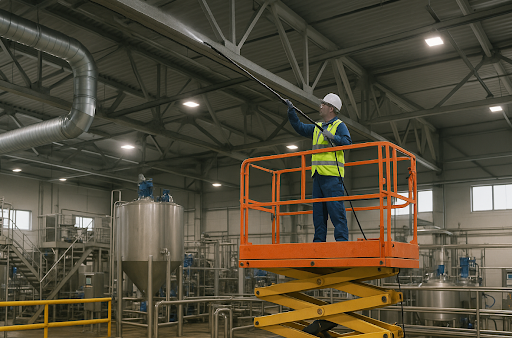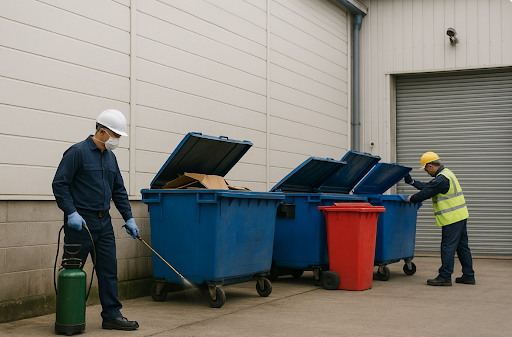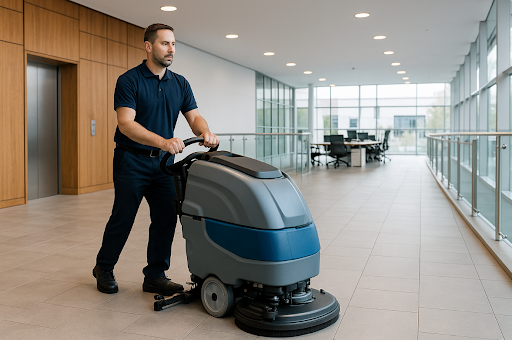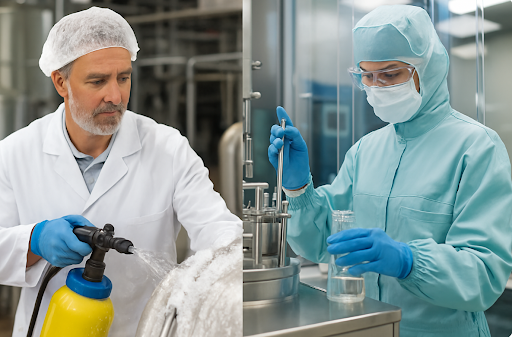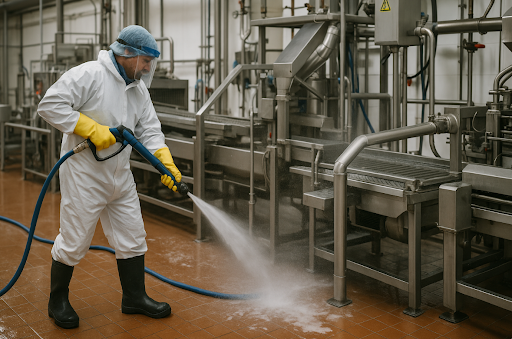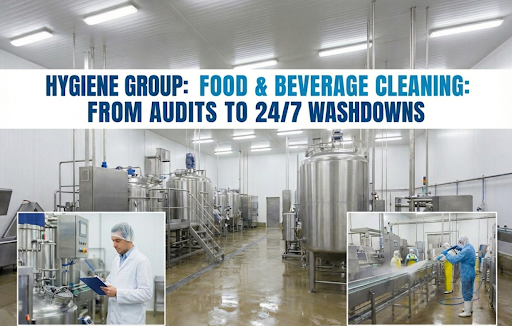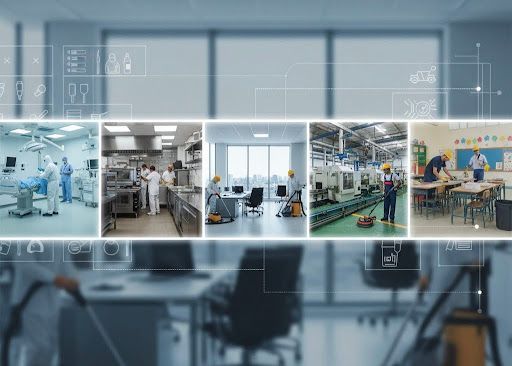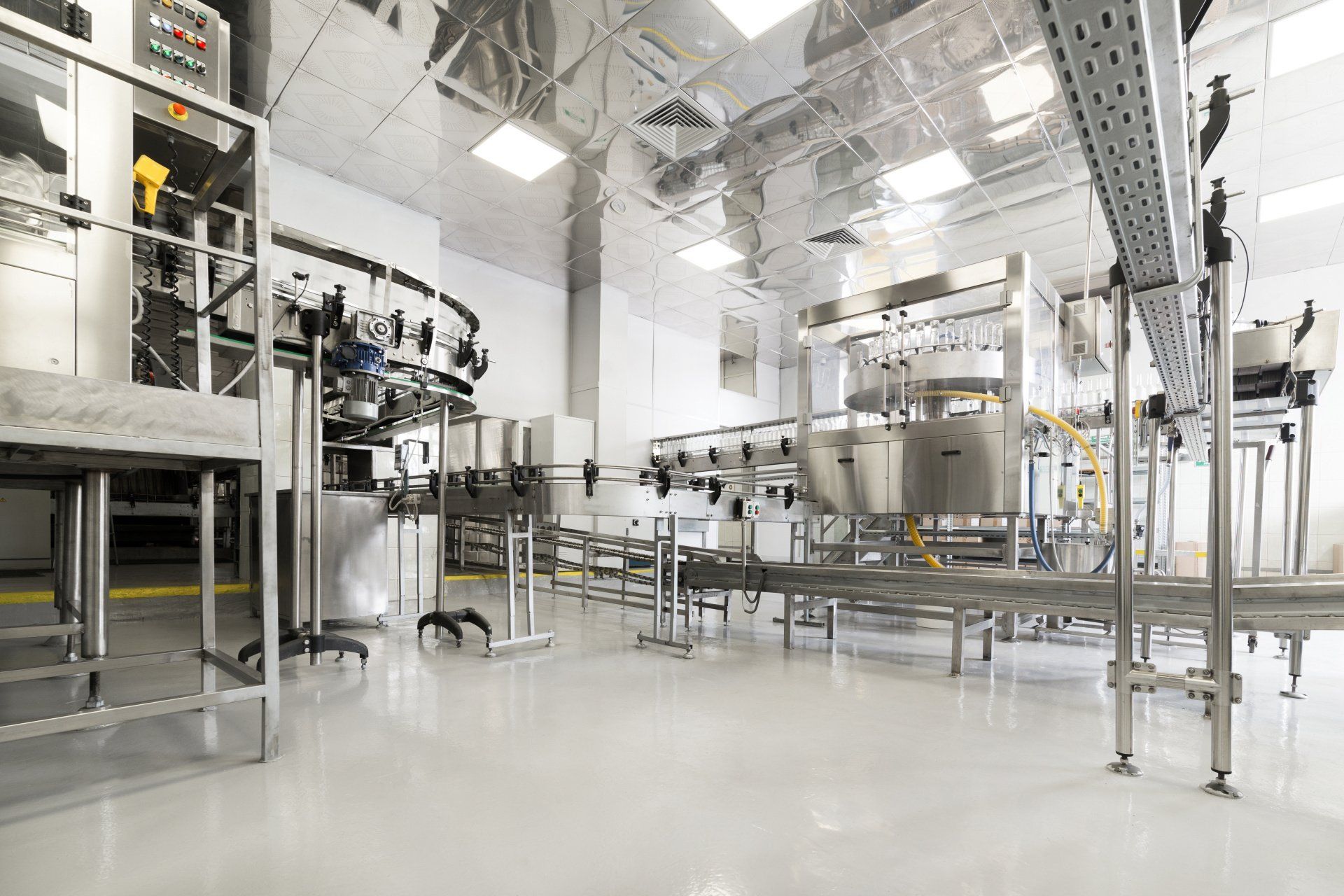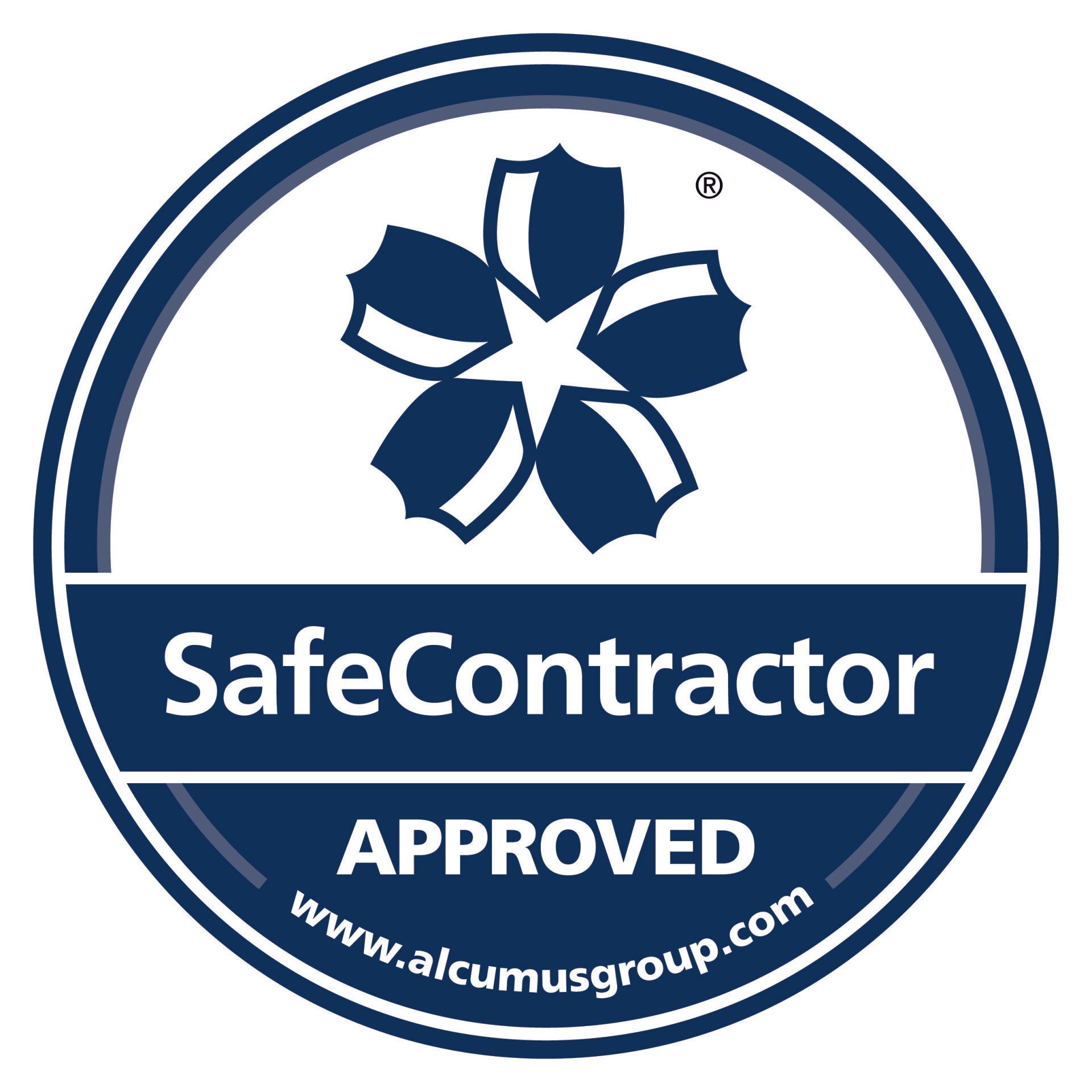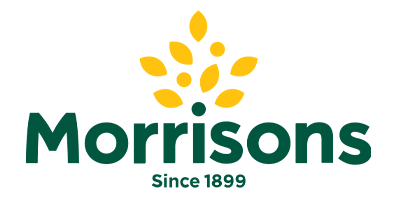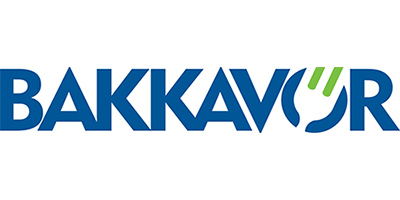The Most Common Pest Control Myths Food Manufacturers Believe
Every day, food manufacturers face pests that can contaminate their products and ruin their businesses. As a food manufacturer, it is important to be aware of the pest control myths that circulate in the industry. By being informed, you can make better decisions about how to protect your company from pests and keep your products safe.
In this post, we will explore the most common pest control myths and provide information about how you can debunk them.
Myth 1: Pests can be eliminated by pesticides alone
Fact: While pesticides can certainly help to get rid of pests, they're not the only solution. Relying too heavily on pesticides can lead to more problems in the long run. Pests often develop a resistance to pesticides, meaning that they become harder to eliminate over time.
Using too many pesticides can be harmful to both human health and the environment. For these reasons, it's important to use a variety of methods to eradicate pests, and not rely solely on pesticides alone.
Myth 2: Pest management is only about controlling pests
Fact: Pest management is not just fighting pests, but also identifying and changing the circumstances that allow pests to thrive in the first place before establishing a colony in a food processing facility.
Pest management, in its broadest meaning, refers to the methods and procedures used to avoid and manage pests in several settings and habitats. So, don't think of pest management as a one-dimensional application; it's much more.
Myth3: Food manufacturers don’t need to worry about pests because their facilities are clean.
Fact: While it is true that cleanliness is vital in preventing pest infestations, even the cleanest facility can get infested if effective preventive measures are not in place since pests are drawn to food and shelter. So, you should prefer prevention before anything.
Myth 4: Sanitation eliminates all pests
Fact: Sanitation measures are critical for preventing and controlling the spread of disease-causing pests, including rodents, cockroaches, and flies. These pests can contaminate food and other surfaces with bacteria, viruses, and other diseases that can make people sick.
While there is no guaranteed way to eliminate all pests, proper sanitation practices can significantly reduce their populations.
Myth 5: Pests are only attracted to dirty environments
Fact: Pests are attracted to a variety of factors, including clutter, food and water sources, and even warmth. While a dirty environment may be more attractive to pests than a clean one, it's not the only factor that can attract them.
Myth 6: Pests can be controlled with traps or barriers
Fact: There are a variety of ways to control pests, and the best method depends on the particular pest and the situation. Traps and barriers can be effective against some pests - but not all.
For example, traps might be effective for large rodents like rats or mice but not for smaller pests like ants or cockroaches. And while barriers can work well to keep out crawling pests like ants or termites, they might not be so effective against flying pests like fruit flies or bees.
In general, an integrated pest management approach that uses a combination of methods is often most successful at controlling pests.
Myth 7: Pests are only a problem in the summer months
Fact: No, pests are not just a problem in the summer months. Many pests, such as cockroaches, moths, rats, and mice, are active all year long. Some pests are more active in the winter months because they're trying to escape the cold weather.
Pests can be a problem any time of year, so it's important to be aware of them and take steps to keep them out of your factory.
Myth 8: Integrated pest management (IPM) is not as effective as using pesticides
Fact: This is a cruel myth because IPM takes a holistic approach to pest management, considering all possible factors that might be attracting or fostering pests. It includes things like weather patterns, food availability, and habitat conditions.
By taking all of these factors into account, IPM can more effectively target the root causes of a pest problem and prevent it from happening in the first place.
IPM is more effective than pesticides and an environmentally friendly way to manage pests. IPM is effective in controlling more than 95% of pests without using synthetic pesticides (source).

Myth 9: Pest control services are expensive and dangerous
Fact: Although pest control services might be costly, they are typically well worth the investment to protect your factory from pest damage and your employees from sickness.
Pest control firms use specialised equipment and chemicals to kill pests safely, and they have the necessary training and experience to get the job done quickly and efficiently. So, you don't have to be concerned about whether it's dangerous or not.
Pest control is a critical part of food safety and by working with
Hygiene Group - you can ensure that your factory is kept clean and free of any harmful pests. We provide tailored pest
control services that will take care of any issues your factory may be facing. Contact us today to know how we can help keep your factory pest-free!
